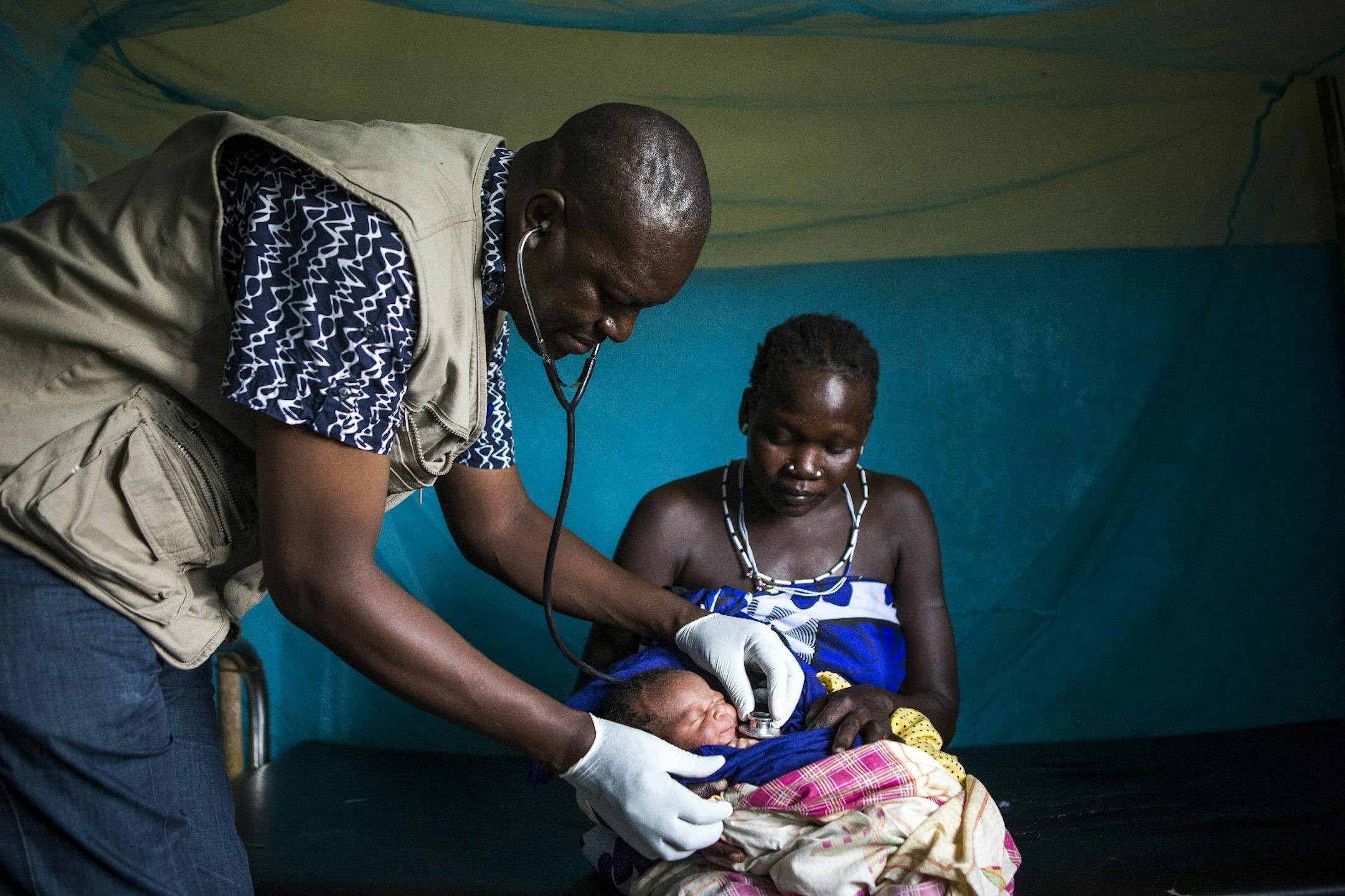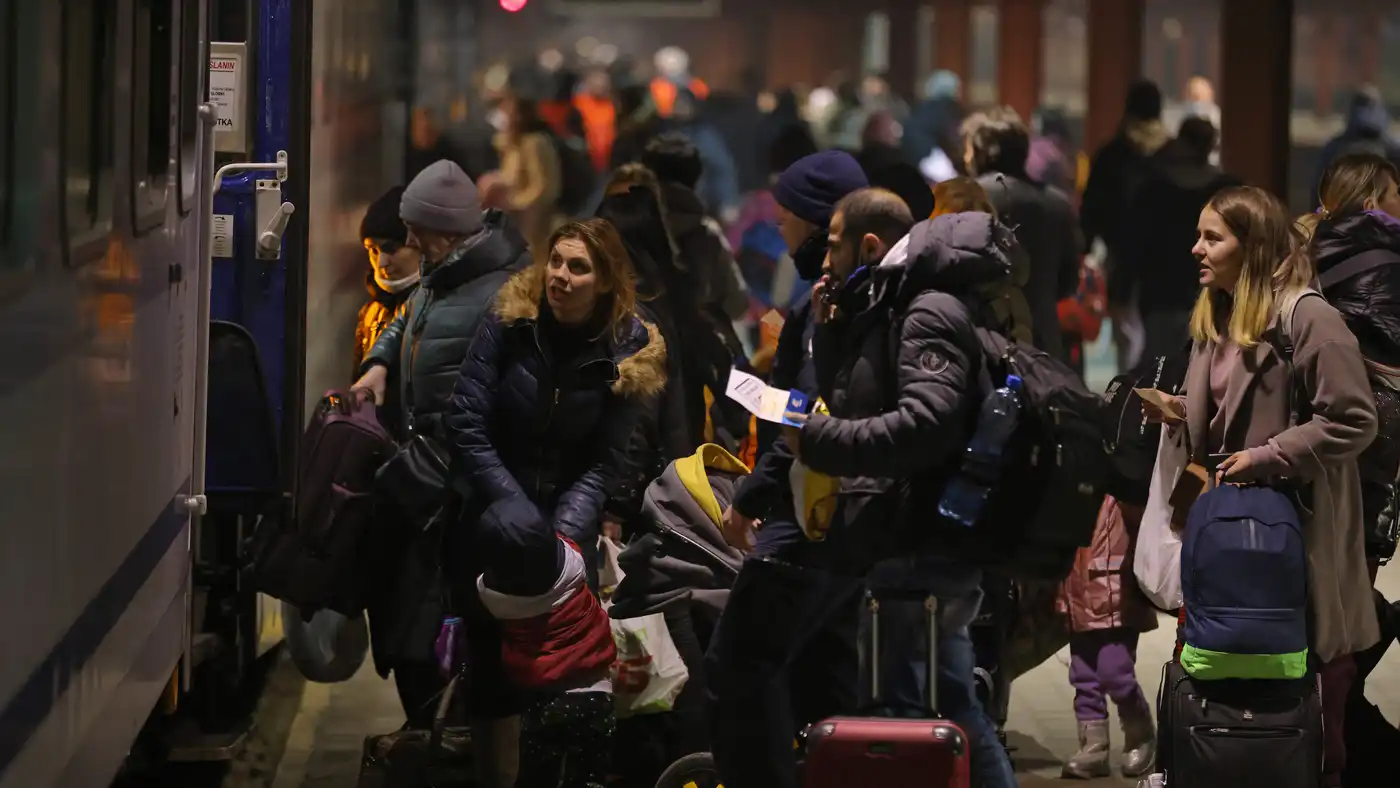EAGAN, MINN. — "I'm so anti-woke," said Tina Rexing, the owner of the eponymous T-Rex Cookie bakery based in this suburb of Minneapolis. "I'm not pandering. I'm not doing this to make myself feel better. I do it because I've been there."
Rexing, 50, is a veteran of corporate America, owner of two pure-bred French bulldogs — Midge and Winston — and a Republican. She disdains income tax and minimum wage laws, thinks diversity quotas diminish the value of hardworking people from minority backgrounds, and she proudly carries a handgun. "It's a Ruger 9-millimeter," she said reaching under her desk. "Wanna see it?"
But Rexing is one of more than 125,000 Americans of different backgrounds and ideologies who support the resettlement of U.S. government-vetted refugees fleeing wars and persecution under several community sponsorship programs opened by the United States government in the past few years. These programs — Uniting for Ukraine and Welcome Corps, in particular — allow and encourage groups of ordinary people to sponsor the resettlement of humanitarian migrants they wouldn't otherwise know.









